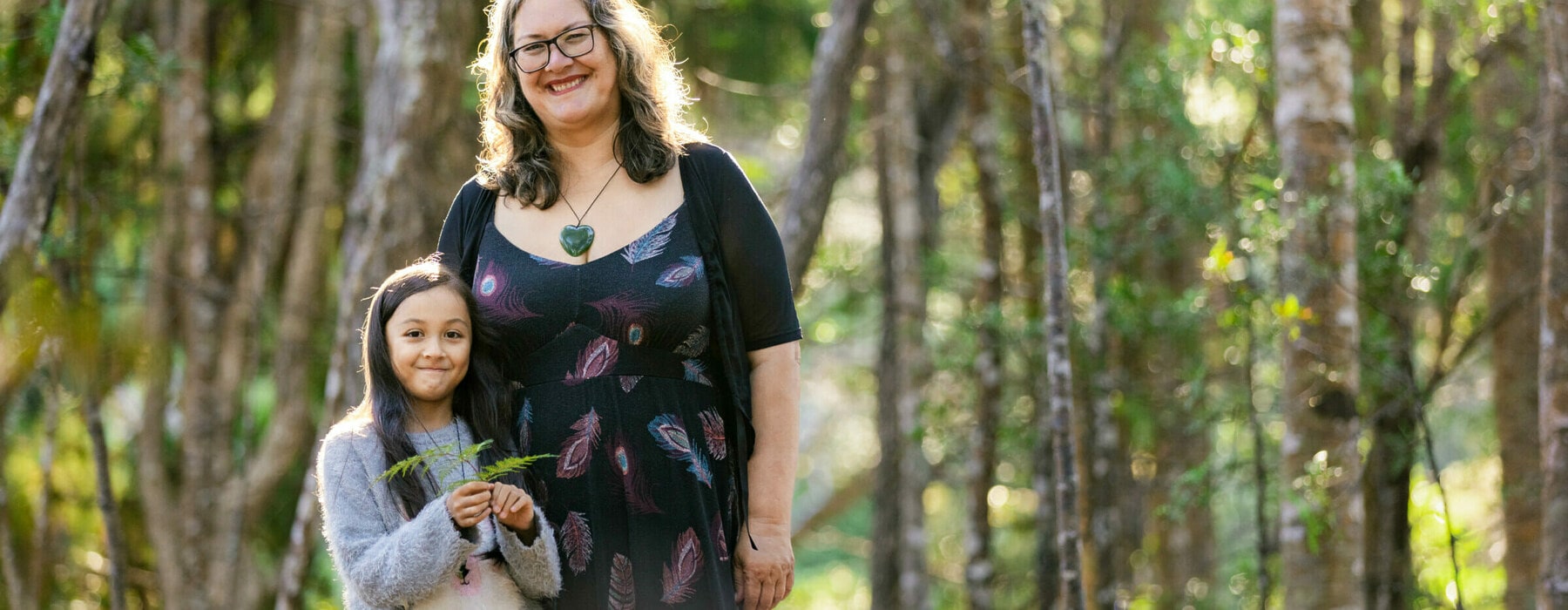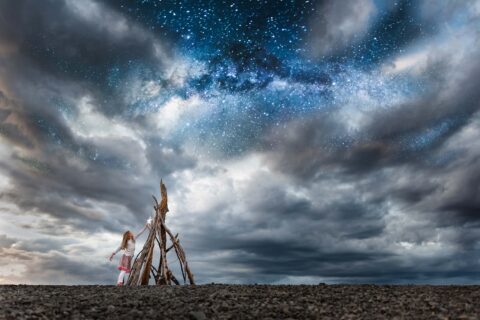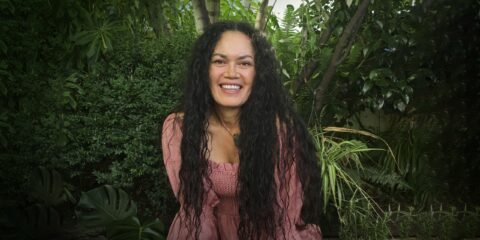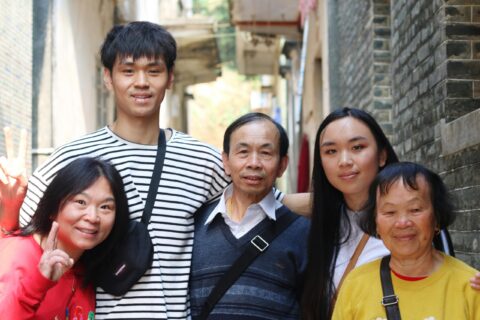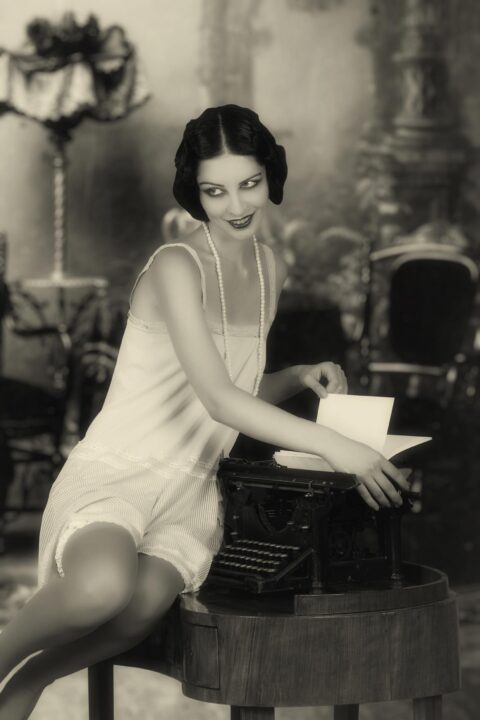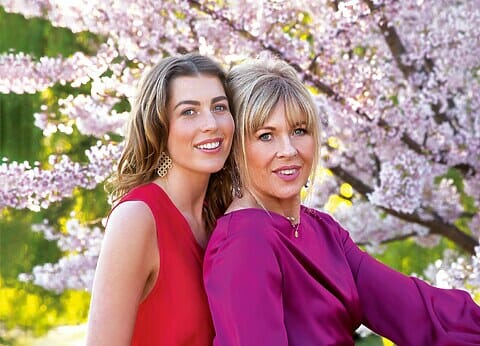Television producer and teacher Kim Muriwai had always longed to be a mother. She tried many avenues to have children, even considered a sperm donor and surrogacy but her hopes and dreams were constantly dashed with every unsuccessful attempt to have a child.
When she was nearing her 50s, Kim, now 53, turned to the only option that was available to her, the Māori tradition of whāngai – a practice of open adoption within Māoridom where whānau members are given a child to raise as their own. The child is a relative and belongs within the whanau whakapapa and a relationship between the birth parents are usually maintained.
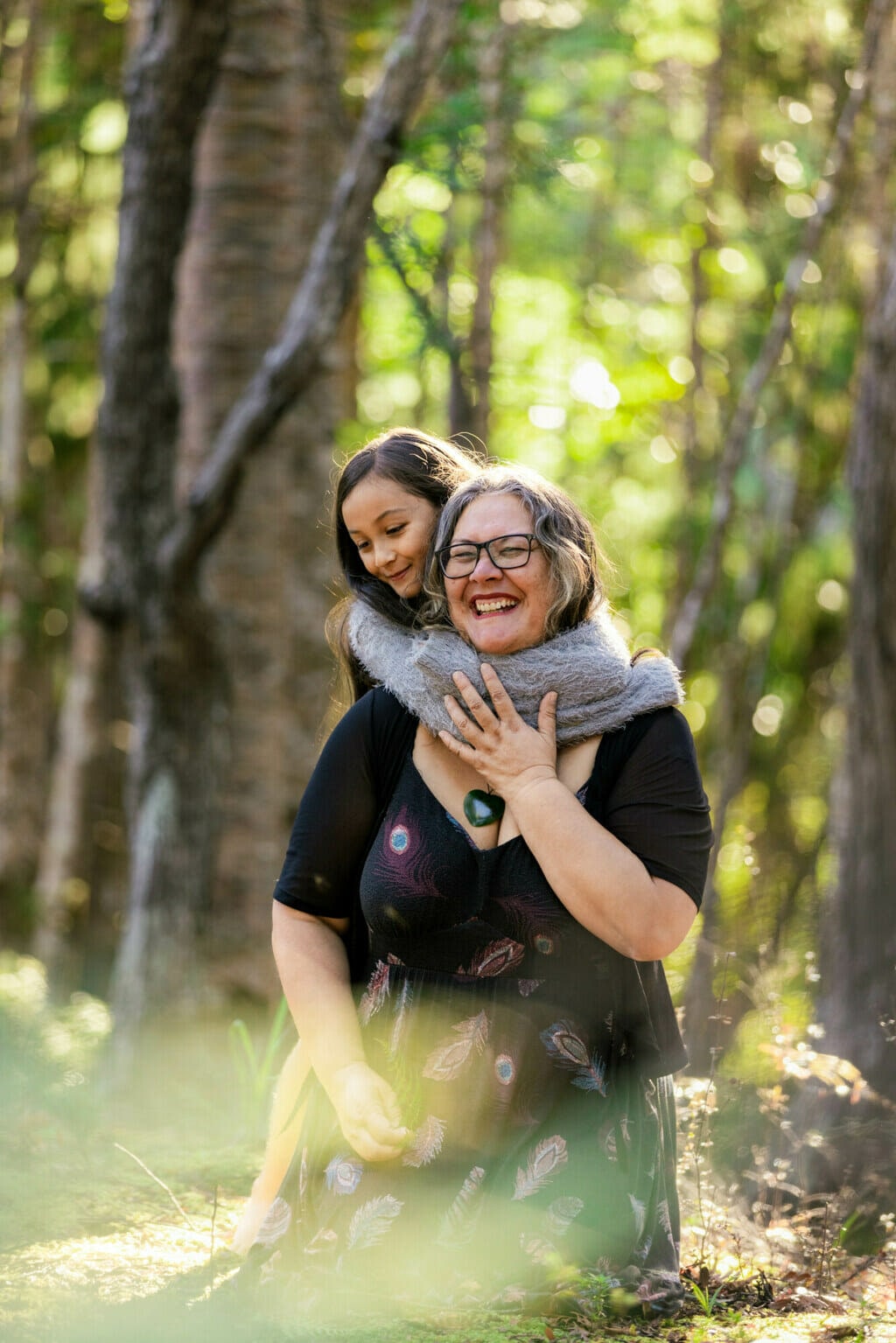
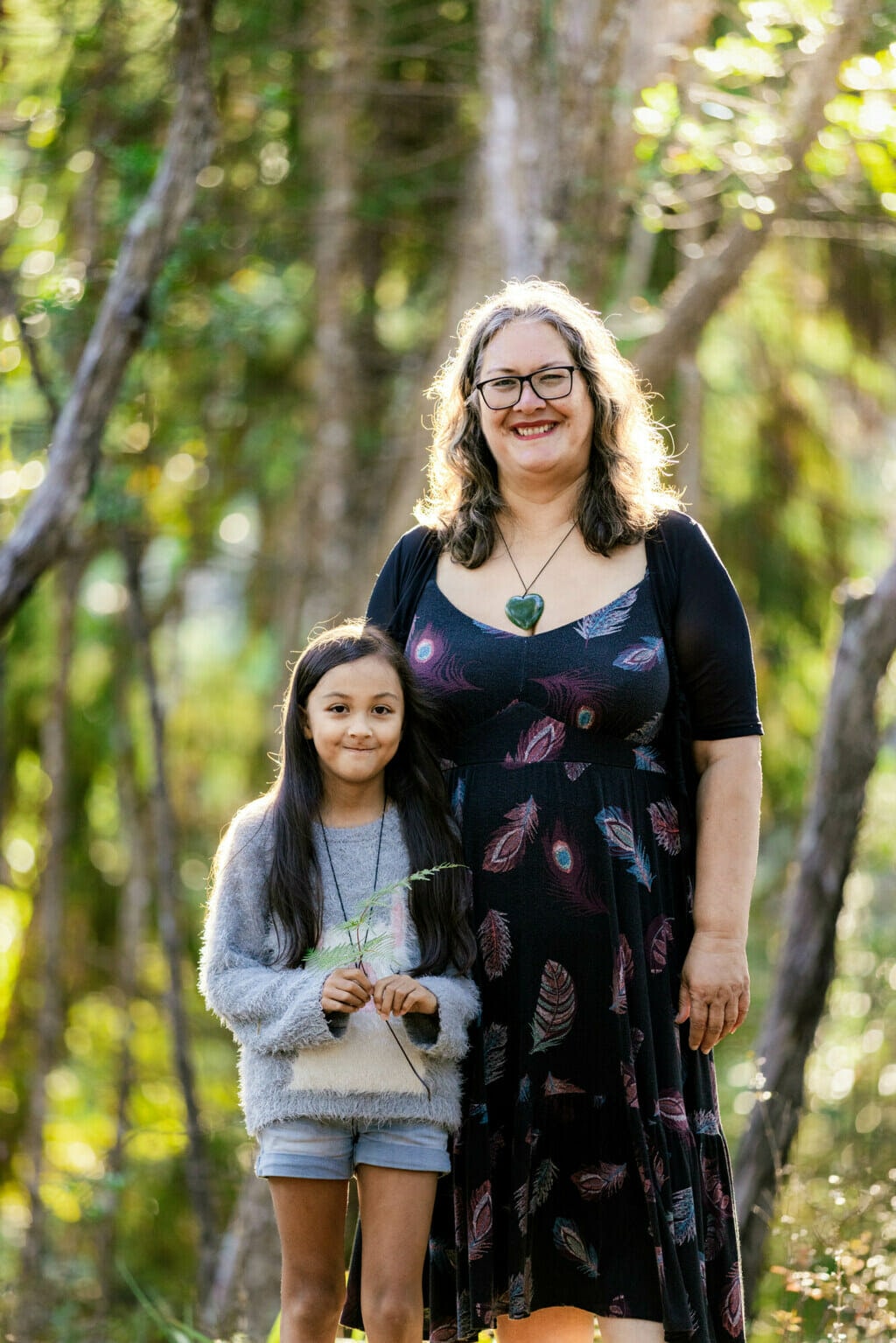
For the last eight years, Kim has been raising her daughter Vassana, whose birth mother is Kim’s cousin. Kim, whose iwi is Ngāpuhi, became a mother to Vassana when she was 10-months-old after her birth mother could no longer look after her and members of the whānau were searching for someone who could whāngai the young baby.
“I always thought I’d be a parent and when it didn’t happen, I struggled. I took a long time to come to terms with that,” she says.
Kim was so convinced that she would become a mother, that she learned te reo Māori to ensure her future children would grow up in a home where the indigenous language was spoken.
“I would hear people say that once they had children then they would learn the language. That didn’t make sense to me. I wanted to learn the language before having children and I wanted to produce learning resources for them and all my nieces and nephews.”
“For a while, I felt really ripped off. I did all of this preparation, so I could even raise a child by myself and it didn’t happen. I lost faith that one day I would become a mother, made my peace with it, and then it happened.”
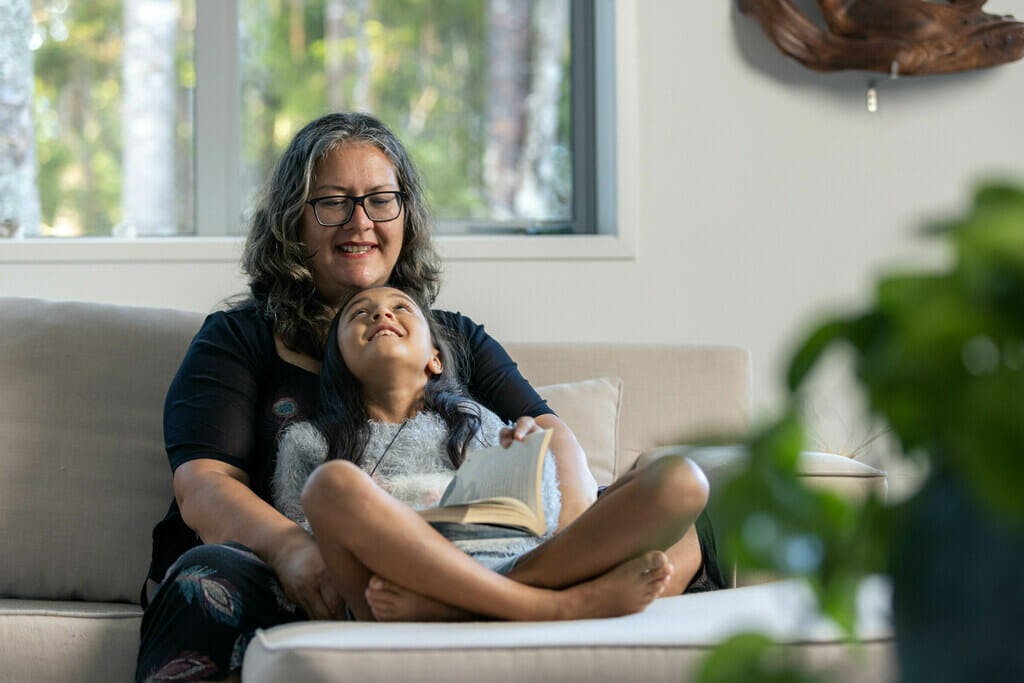
Whāngai – meaning to nurture – is an informal agreement between whānau and is arranged directly between birth parents and the whānau who will raise the child and sometimes the wider whānau are involved. Whāngai is a community process rather than a legal process. Like foster care, whāngai is a care arrangement, not a legal status.
Usually, the child knows both their birth and whāngai parents and the extended whānau can be closely involved in the decision to adopt and in helping with the child’s development.
In Māori tradition, whāngai occurs for many reasons, including taking in a child from a large family struggling to support all of the children, grandparents taking in a mokopuna and teaching them tribal traditions, taking in a child whose parents are too young and allowing children to inherit land.
In Kim’s whānau, her grandmother was a whāngai, so were an aunt and uncle. Kim seems to think the tradition may be in danger of stopping in future generations – and she’s grateful she was given the opportunity to carry on the Māori custom.
“I feel that it isn’t the done thing anymore. I felt like there’s a shift in our culture. That the outside pressures of maintaining a nuclear family or struggling all on your own are closing the options within people in the family. When I look back, there were some people that would have loved the opportunity that I had to become a parent and to help raise the children in our whānau.”
Vassana knows who her birth mother is and sees her birth siblings on family occasions. Kim has been fully open about the situation with her and says Vassana has grown up to be a bubbly, intelligent, and well-rounded child.
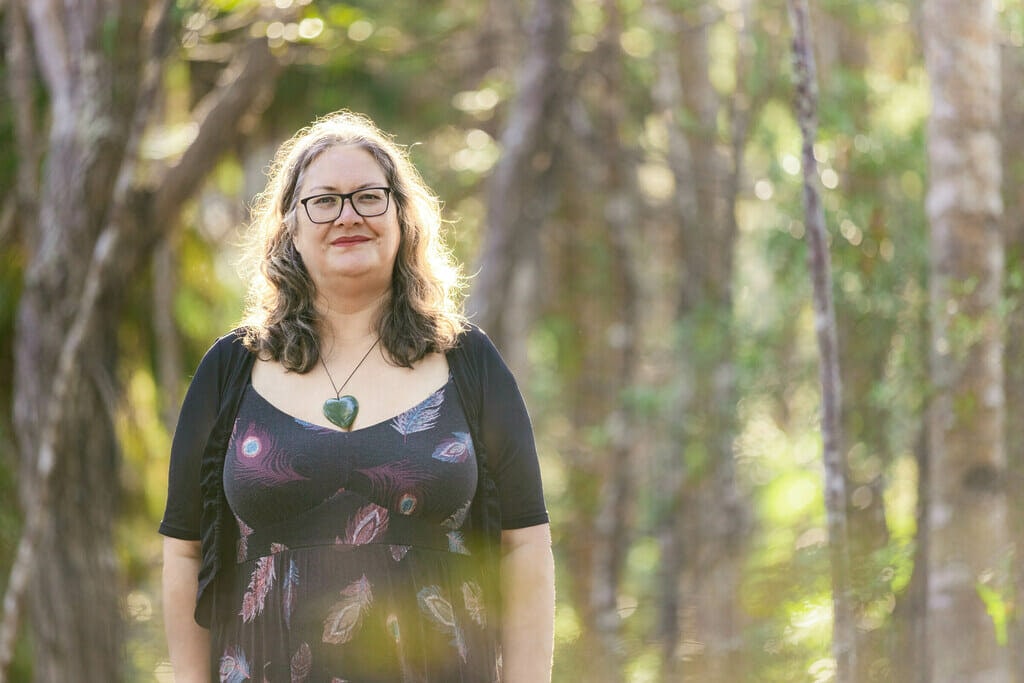
“I’m open with Vassana and talk about how we are different as whānau Māori. That she wasn’t adopted out of a whānau but is a whāngai within. We talk about how I’m her mother but I’m also her Aunty. I deliberately talk about our whanau connections and relay stories of whāngai in our whakapapa.”
Several well-known Māori have been brought up as whāngai. Among them are operatic singer Inia Te Wiata, comedian Billy T. James, former Silver Fern Joline Henry, and former Governor-General of New Zealand Sir Jerry Mateparae.
Francis Tipene, the funeral director and popular personality on the reality TV show, The Casekteers, was a whāngai to his maternal grandparents, Helen and Walter Tipene, because his mother was in her early twenties when she gave birth to him.
“My mother is Māori and my father is Tongan. They were young when they had me and so my Nan came along and said that she would raise me. I don’t know any other way. I don’t know what it was like to be brought up with a mum and dad. It was just Nana and Pop at home. ”
Francis’ parents lived in Auckland and his grandparents raised him in the tight-knit Māori community of Pawarenga in Northland, with no power or electricity in their home. He says his grandparents spoke to him in te reo Māori and he learned the customs and traditions of his Māori culture.
“I understand the benefits of being raised by my grandparents. To be able to listen to them korero Māori is how I picked up in my own reo,” he explains.
Francis, whose iwi are Te Aupōuri and Te Rarawa, is the father to six boys and is expecting his seventh child, his first daughter, with his wife Kaiora, who co-stars with her husband on The Casketeers. The grandmother who raised Francis is now 86 and is still alive. She once asked if she could raise and whāngai one of his six sons but Francis couldn’t give his child away.
“If it was a different circumstance and if me and my wife were young and just starting our careers, maybe we would. I had to say no to my Nan. I didn’t have the heart to give up my son.”
Kim says that Māori whānau are lucky to have an option like whāngai as part of their customs and traditions.
“When I became a mother, the world finally made sense to me. It grounded me. We see so much about infertility and singles and same-sex couples who want children. I see whāngai as a wonderful way of ensuring that babies who need to be loved and cared for can be within their own whānau.
They will have these whakapapa ties that are really strong, and people who are natural born carers can have the wonderful opportunity and privilege to raise a child.”

